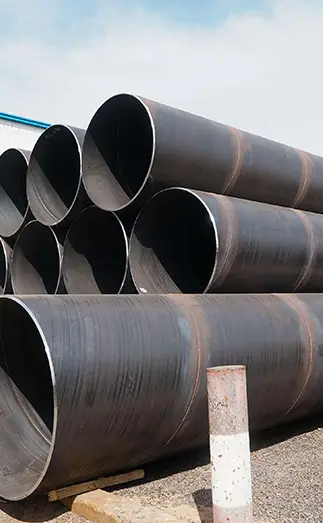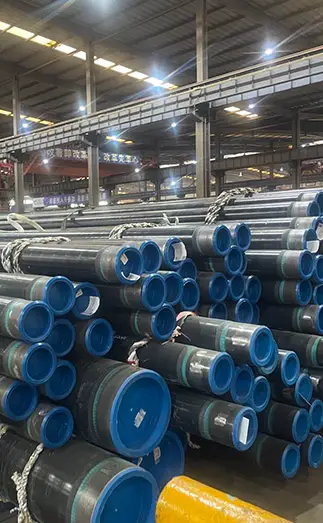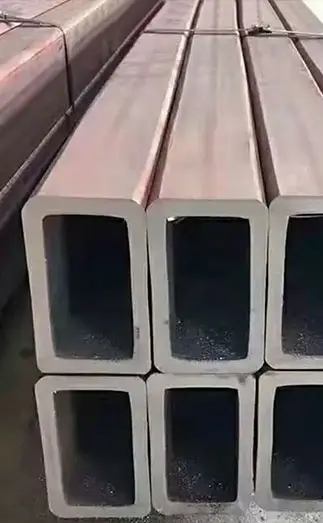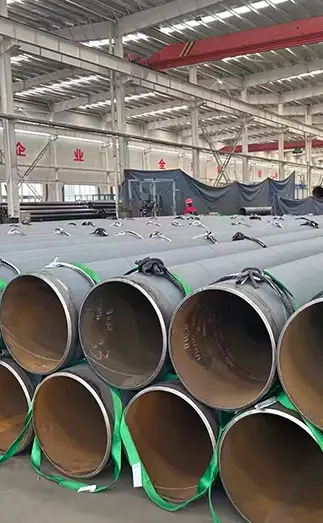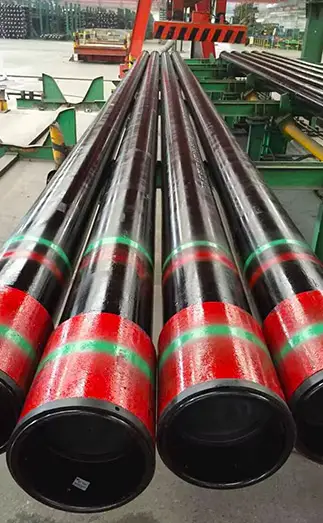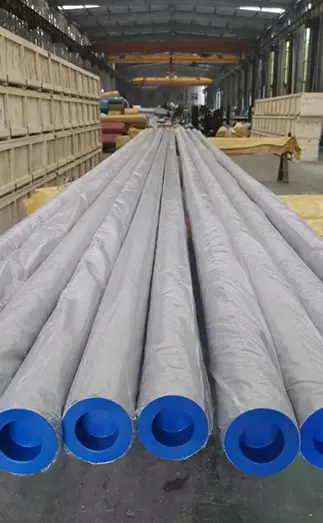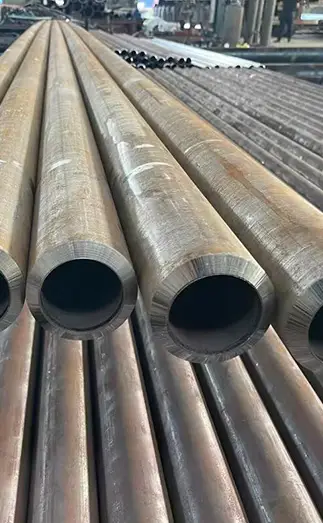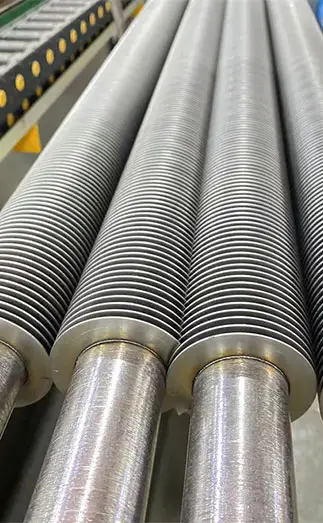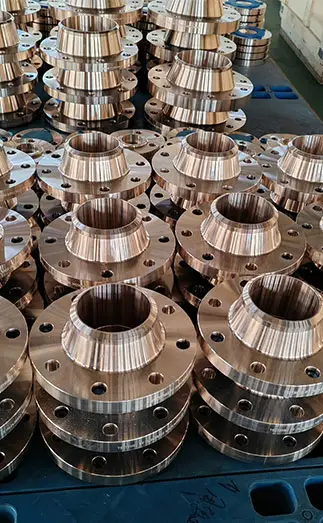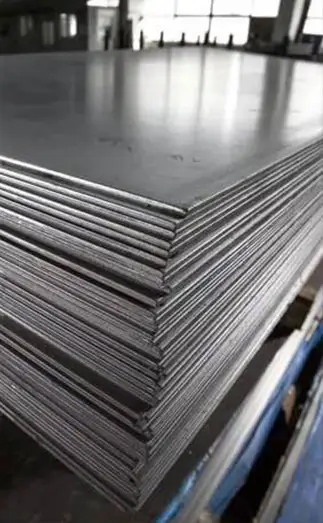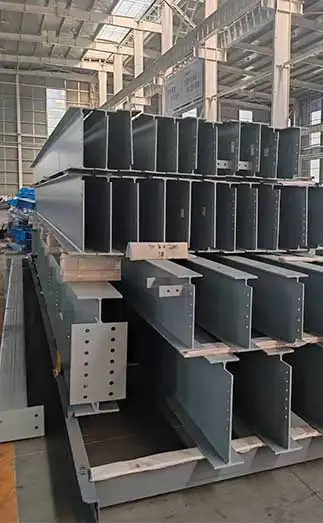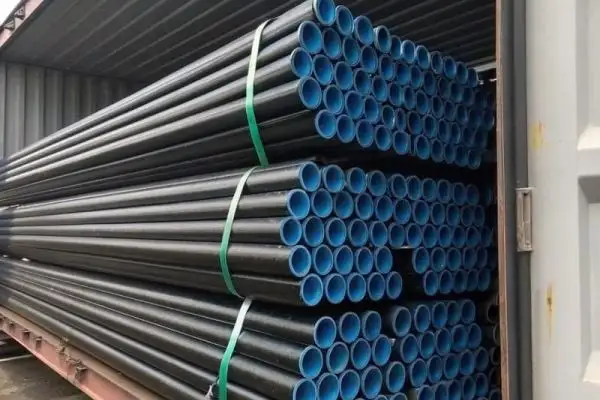A rectangular steel tube is a type of hollow section with four sides and right-angled corners. Thanks to its distinctive cross-sectional shape, it offers excellent tensile strength, load-bearing capacity, and resistance to bending and deformation. Rectangular tubes can also be easily fabricated into components of various lengths and specifications to meet diverse structural needs.
Applications of Rectangular Tubes
1. Construction:
Rectangular tubes are widely used as key structural materials in building frames, stair railings, balcony guardrails, and other architectural components. Common grades include Q235B and Q345B, which correspond to ASTM A500 in U.S. standards.
2. Industrial manufacturing:
In machinery, aerospace, automotive, and heavy equipment industries, rectangular tubes serve as frames, supports, baffles, and protective structures—ensuring both strength and reliability.
3. Agriculture:
Rectangular tubes play an important role in agricultural machinery such as sprayers, harvesters, seeders, and tractors. Their use in load-bearing and connecting parts makes them indispensable in equipment manufacturing.
Advantages and Limitations of Rectangular Tubes
Advantages:
High strength and load-bearing capability
Excellent resistance to bending, corrosion, and deformation
Smooth surface and aesthetic appearance after processing
Easy to fabricate and install
Disadvantages:
Heavier and bulkier than round tubes, unsuitable for lightweight applications
Requires specialized tools and higher production costs
Not ideal for simple, large-scale manufacturing
In summary, rectangular steel tubes are versatile materials with broad applications in construction, industrial, and agricultural engineering. When properly selected and used, they offer durable, efficient, and stable structural support across a wide range of projects.
Read more: How to store square tubes and rectangular tubes?



 English
English Español
Español Français
Français بالعربية
بالعربية